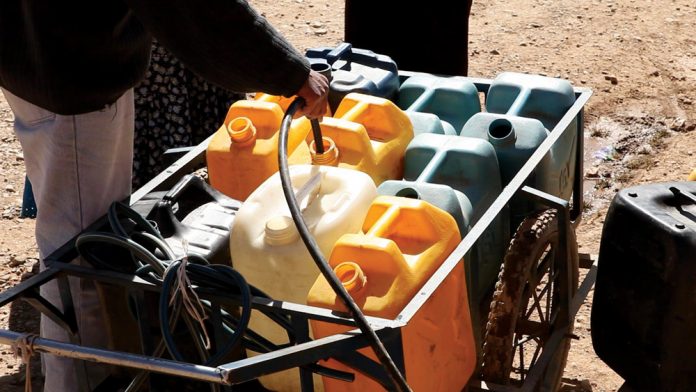UNICEF has said the push to bring safe water to millions around the world is going to be even more challenging due to climate change, which threatens both water supply and water safety for millions of children living in drought–or flood–prone areas. The UN body said that when water becomes scarce during droughts, populations resort to unsafe surface water. At the other end of the scale, floods damage water and sewage treatment facilities, and spread faeces around, very often leading to an increase in waterborne diseases such as cholera and diarrhoea. Higher temperatures brought on by climate change are also set to increase the incidence of water-linked diseases like malaria, dengue–and now Zika–as mosquito populations rise and their geographic reach expands.








